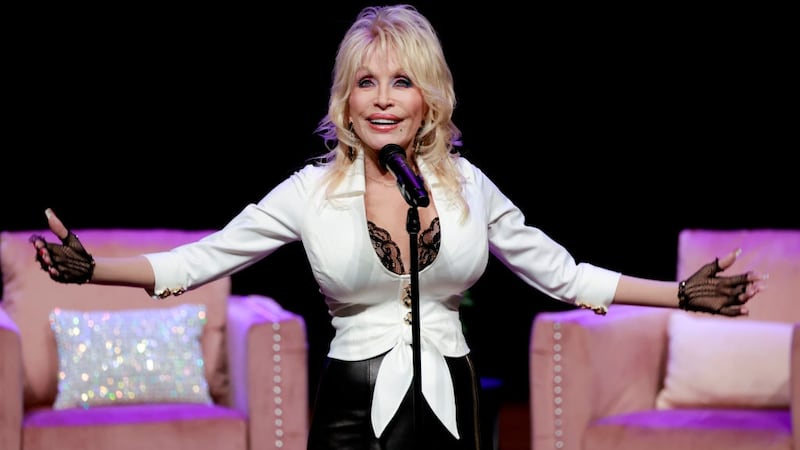LAKEWOOD, Wash. — Changes to how schools in Washington State punish kids is causing controversy in the South Sound. It’s a state-wide change that’s been in the works for years, but recently made official at Clover Park School District in Lakewood.
The changes have some parents and school board members worried kids won’t be treated fairly.
But the school district says its discipline policy aims to achieve exactly the opposite – making sure kids are not only treated as fairly as possible while helping address the root of the problem, but also in a way that lines up with state law.
“I really liked how it’s geared towards helping the student – you can’t treat every scenario the same, right?” said Anthony Veliz, a Clover Park School District board member. The school board voted 3-2 on March 14 to adopt the new discipline policy language.
The changes ensure the district meets legally required state standards for discipline. In 2016, the state legislature found schools across Washington State were disproportionately punishing students of color and special needs students, specifically with what’s called “exclusionary discipline” – consequences like suspensions that pull a kid out of class.
“That’s nothing new to be honest,” said Brittney Jones, a Clover Park High School student.
Lawmakers passed a bill (HB 1541) in 2016 to make sure schools look for other ways to punish kids that do not impact learning, and to have staff work with families and consider culture.
“Honestly I feel like they should at least switch it up a little, because every time we’re getting pulled out of class, we’re missing something,” said Antavious Hensley, another Clover Park High School student.
The changes have been slowly rolling out at school districts statewide for years, with more guidance coming out in 2019 and 2021 from different state organizations like WSSDA and OSPI.
The Clover Park School District said they had already made the changes, but this latest school board meeting clarified the language to say discipline would be “culturally responsive” and ensure that district policies were in line with state law. (The previous discipline language at Clover Park from 2019 called it “responsive to cultural context.”)
The change raised concerns among some school board members during their March 14 meeting.
“If it’s and myself and Mr. Veliz, do I have to look at his nationality, where he was born?” asked Paul Wagemann, another Clover Park School board member. “To be fair, if we both did the same thing, we should get the same consequence, the way I see it,” he said.
Since the meeting, parents have been commenting on the Clover Park School District’s public Facebook page, with many parents believing the change would lead to harsher punishments for White students. One parent wrote, “It would likely offer harsher punishments to white students, even if the conduct is identical to that of a Black or Hispanic student.”
The school district says that interpretation is not correct. In a statement, the district said:
“There have been media stories and social media discussions about Clover Park School District filled with inaccurate and incomplete information... The policy does not make race the determining factor for administering discipline.”
The school district added that school boards across the state, including nearby districts, have also adopted policies to be in line with state law.
The Clover Park school district’s community relations director, Leanna Albrecht, gave an example on how culturally responsive discipline would work.
“A third of our students are military connected,” Albrecht said in an email. “Sometimes a student may experience trauma or other challenges when a parent is deployed which can surface in a variety of ways (behavior being one of them). With culturally responsive discipline, the teacher will proactively work with the family to get a better understanding, provide supports and address issues before they become bigger and require exclusionary discipline,” she said.
A group called the Washington State School Directors’ Association (WSSDA) released a model policy for school districts to use in early 2021. The director of policy and legal services at WSSA, Abigail Westbrook, says treating students differently based on race would be illegal.
“I don’t know why it’s being interpreting it that way, on its face it says something else,” Westbrook said over the phone. “It would be against the law itself to use this policy as a means of disciplining a student who is White more harshly than a student of color,” Westbrook said.
She said the 2021 model included some refining to make the policy easier to understand and offer more resources, but still didn’t substantially change any discipline policy.
“So the laws have been around for a long time. And sometimes it’s hard to understand why the pushback when. But there has been no substantiative change here for several years,” Westbrook said.
Clover Park HS students say the controversy feels unnecessary.
“They shouldn’t make it a race thing, because everybody’s child gets in trouble at some point – it’s unavoidable,” Hensley said.
WSSDA said it didn’t have data on how many of Washington’s 295 school districts are now compliant with state law, but estimated by now most would have already made the change.
©2022 Cox Media Group








